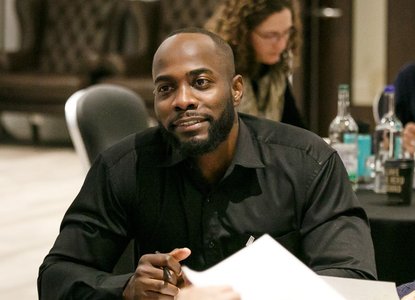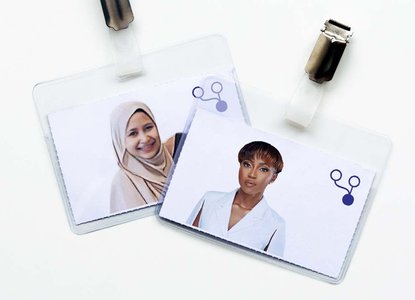One year on: Denise, Julie and Isabelle and their Open Ownership journey
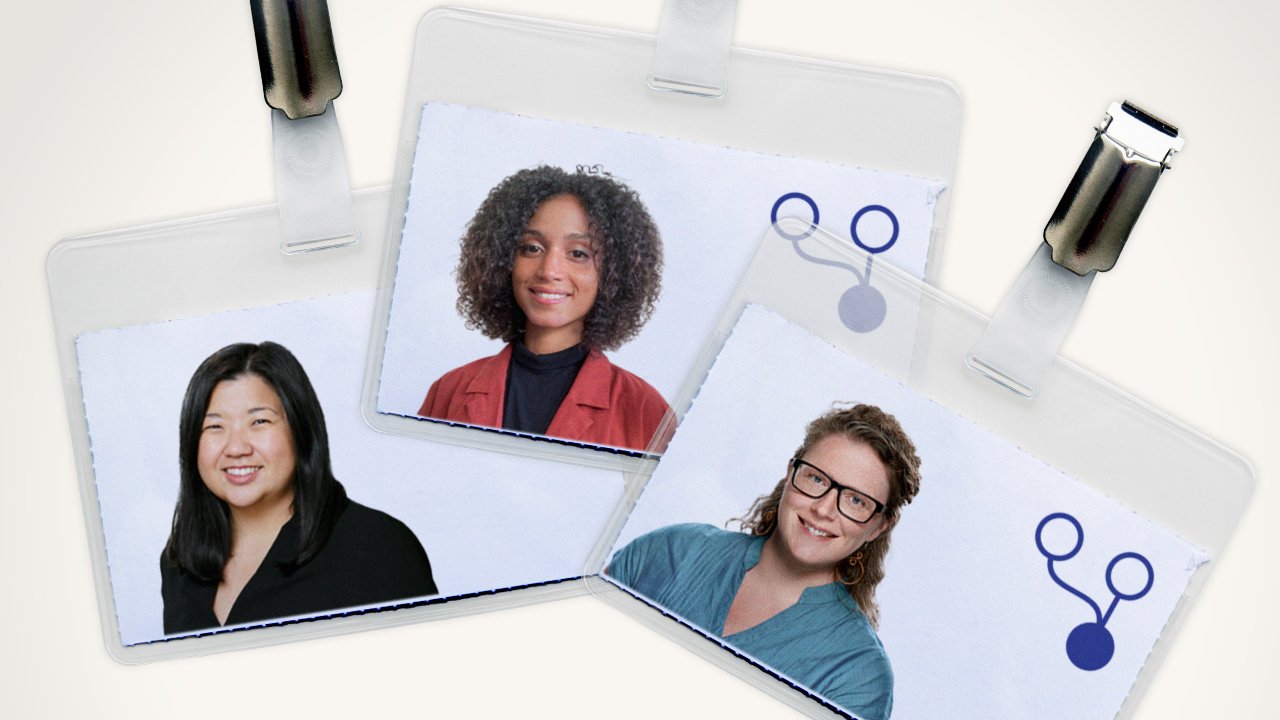
In the middle of 2022, Open Ownership welcomed three new team members: Denise Yap based near Glasgow, Scotland, Julie Rialet in Paris, France, and Isabelle Kermeen in London, UK.
A year on, they share the story of what led them to Open Ownership, reflect about their first year at the organisation and what’s to come.
Denise Yap
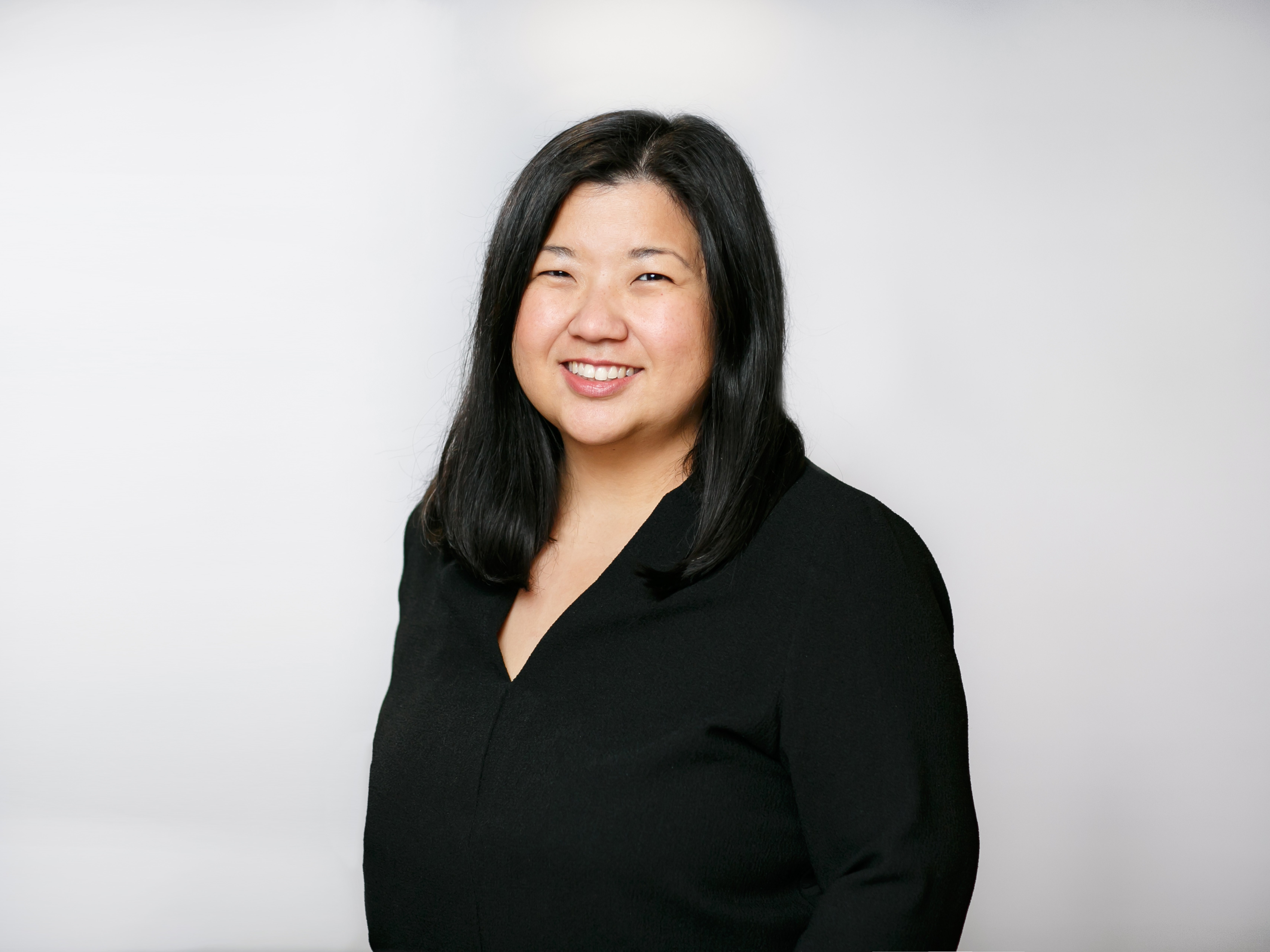
OO: Tell us about your early life
When I was a kid in Singapore people didn’t have smartphones, and Singapore wasn’t the metropolis that it is now. I went to an all-girls school from the age of 6 to 16. It was the kind of school where politicians and people who were well-off would send their kids. My parents were middle class, but we lived close to the school so I was eligible to attend. So I grew up around people who were in a different social and financial class to me, and I saw a lot of flaunting of wealth, status symbols, cars, handbags. I never found it appealing. But I did get a good education.
My childhood was quite different compared with a lot of my peers - my parents were not controlling, and did not put much pressure on me. I know many of my friends who didn’t get A grades would get into trouble. In Singapore, it is a meritocracy, so on a crude level, there is an underlying sentiment that anyone can achieve greatness and if you don’t, if you’re poor, it’s your own fault. I left the country for various reasons, but one of them was my lack of desire to join the rat race in Singapore. Though I must say that I do miss my family, the food, and the feeling of the sun on my back when swimming.
OO: At what point did you realise your calling to work in international development?
I worked in web and graphic design for about 8 years before joining OO. I worked in small companies but also large, well-known companies. I never really felt satisfied or fulfilled in those roles, and I decided I wanted something different. I had been volunteering in a non-profit for a while when a job came up. I applied, and got the job, buying and selling for an organic specialist food supplier, working with businesses but also co-operatives and different structures to those we see in the capitalist system. I finally felt I could identify with the people and aims of the business. That had been a struggle in the corporate sector. It felt right, and I have not looked back.
I was interested in working for Open Ownership because of its strong technology-driven foundation, which is something the third sector usually lags in. I missed using tech tools at work, and keeping up to date on new technology.
OO: And why is working in international development important to you now, particularly?
Personally I don’t think I could go back to working for the profit of a company or individual. When you are working, you are giving up a part of yourself: your time, energy, and you have an emotional attachment. I don’t want to have that kind of investment or attachment to something that is selfish. It is also important to be the change that you see in the world. It doesn’t necessarily have to be a non-profit, but the collective efforts of the team shouldn’t funnel towards one person’s glory, whether financial or similar.
Open Ownership’s area of work is quite a niche field, but at the same time, once you start describing it to people, it makes sense to them, they get it. It is a cause that has the potential for very concrete impacts. We are trying in a very concrete way to change systems, it isn’t an organisation with a vague, lofty aim that will never be met, it’s something tangible.
The example of the 2020 Beirut explosion is a very clear example which people understand: the complex, multiple layers of negligence and corruption from the highest levels that enabled the disaster and so many deaths and destruction.
OO: You started at OO a year ago as Finance and Administration Associate. What did you anticipate would be the challenges in your new role, and what are your reflections on your journey a year down the line?
When I started in this role, I struggled with nerves and imposter syndrome. I knew that it was a step up, and I was aware of the highly competitive recruitment process, including the recruitment being open to candidates from locations across multiple time zones. And when I looked on the website and saw the calibre of the staff, I was afraid I wouldn’t live up to the high standards that the organisation expected.
I don’t struggle with that now. I have made the role my own, and I am proud of what I have done, and what I have learned. I know so much more about the complexities of working in different continents, with people and organisations from different cultures, different ways of doing things, and different currencies.
The team has been very welcoming. It is the kind of place where you can speak up when you need support. You don’t get looked down on for that; people don’t see asking for support as a sign of someone not being capable. People are supportive and are there for each other, working as a team.
Julie Rialet
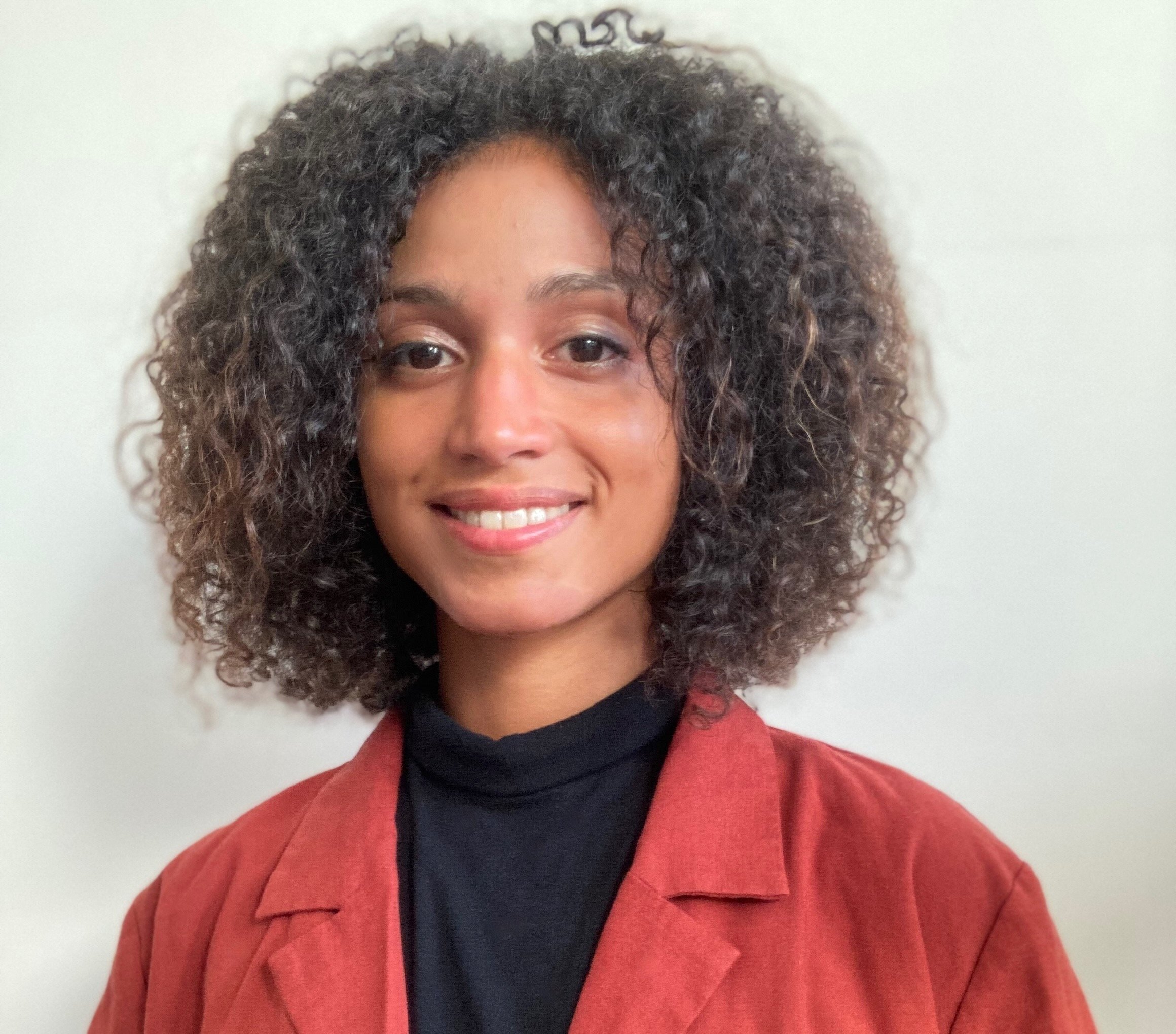
OO: What initially made you want to work with OO?
I spent seven years of my earlier career working in the international development and broader social impact sector. Working towards achieving the United Nations Sustainable Development Goals and supporting greater social justice was always central to my work.
I came across the issue of corporate transparency through this lens. I was reflecting on how some systemic issues sustain and aggravate inequalities, and hinder the delivery of quality public services. I started reading more about things like corruption, public funds embezzlement, and criminal networks perpetrating gender-based violence, and discovered a whole set of actors working to prevent and detect corruption, money-laundering, support more sustainable natural resource governance and so on. I had not realised how often corporate vehicles are used to cover dirty money tracks and prevent the right people from being held accountable. That was the initial hook for me.
I was really impressed to discover the potential for impact that beneficial ownership reform holds (especially of course, when it is combined with other tools).
OO: What are the biggest highlights from your first year at OO?
It has been great to go from theory, to practice, to evidence-based documentation: meeting civil society activists, investigative journalists and government representatives, and experiencing this two-way learning. On the one hand, we deliver training on beneficial ownership transparency, and at the same time, the people we work with bring their very concrete expertise of what specific challenges they are trying to address when using beneficial ownership data. We continuously use these insights to improve our policy guidance.
Our work in providing direct support to civil society organisations and journalists to help them to find, understand and use the beneficial ownership data that is available is important to me. You learn a lot both about the potential for impact in using beneficial ownership data to achieve various goals. You also learn about the concrete challenges that practitioners face and therefore, that policy-makers need to address. In this project we learnt that beneficial ownership transparency can help achieve a wide variety of policy goals but that data can be hard to find, as many companies don’t submit their beneficial ownership declarations or the data is not accessible. We also saw how successful investigations require cross-matching between various national and international sources, and that often there is a need for data users to be prepared to understand complex documents in order to carry out effective investigations.
OO: What are your hopes for the year ahead?
Naturally, we still have a long way to go to create a world where corporate transparency is a given, and where international alignment and cooperation between countries makes it very difficult to use corporate vehicles for wrongdoing. But we’re learning a lot.
For the year ahead, I am looking forward to seeing what more we can learn from the use of beneficial ownership data in places where reforms are now more advanced in their implementation journey. What makes the data that is available most useful? What is the concrete experience of public authorities, companies or civil society actors telling us about effective reform implementation?
Isabelle Kermeen
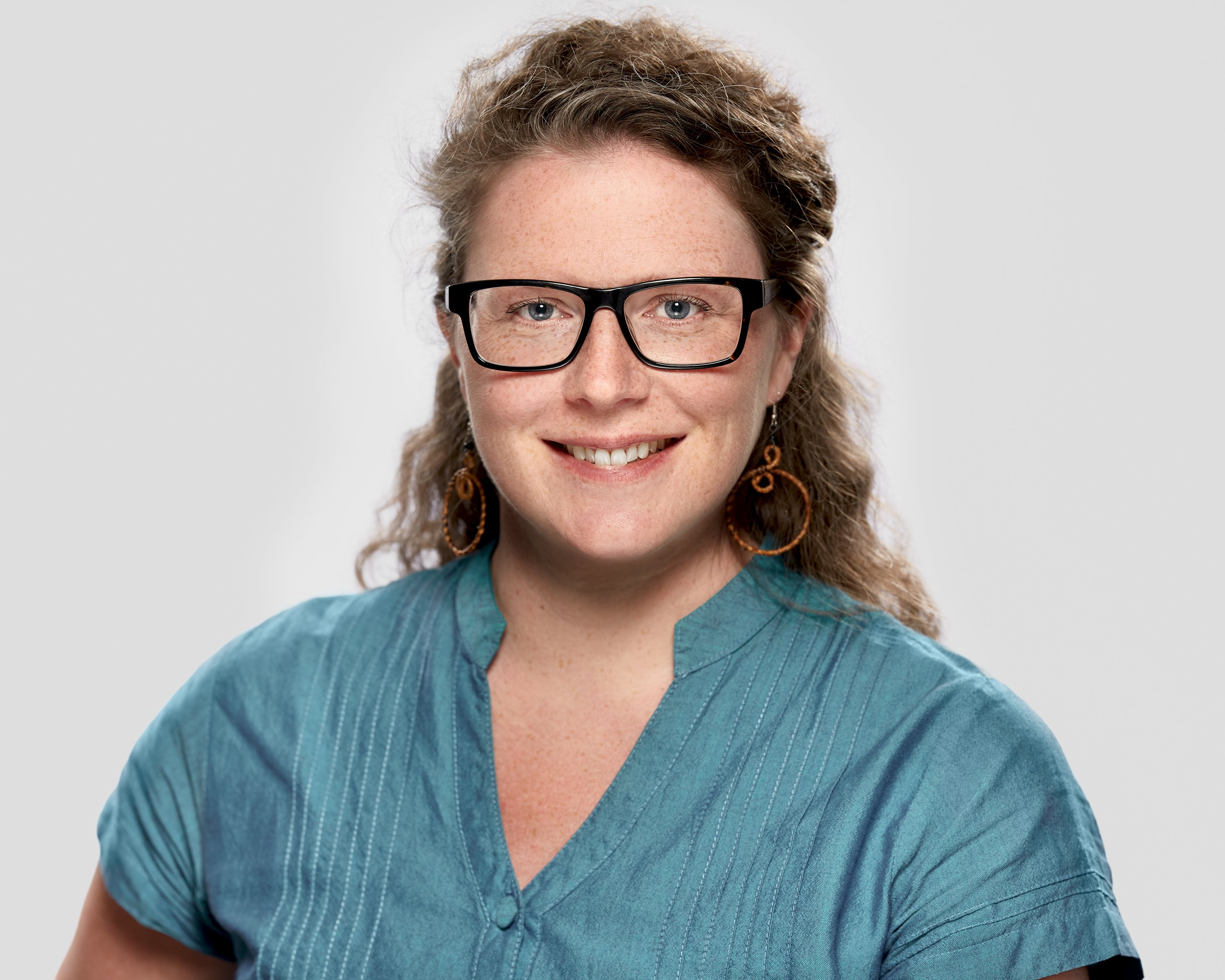
OO: Tell us about your early life
I was born in Stockholm and brought up in a small English village. My mother’s family lived in Sweden, Norway and Finland, and my father’s in the Isle of Man; seeing family always involved travelling. I suppose that’s partly why I became interested in studying languages and ended up living in different countries - it was always part of my life.
I wasn’t directly faced with inequality and injustice until later on, when I was in my teens and my friend from Kenya spoke about corruption in government and how it was sapping resources from the country. That stirred something up in me: I felt angry that so many people could face poverty and a difficult life as a direct result of the actions of people to whom power was entrusted. I wanted to do something.
OO: When did you realise you wanted to work in international development?
I volunteered and raised funds for local and international non-profits as a teenager. During university I knew I didn’t want to go into the private sector. Managing volunteers, I ran an orientation programme for hundreds of new international students after I graduated, and then started working for a homelessness organisation in London. Before long, I moved to Stockholm to work as a European Voluntary Service volunteer for a peace organisation.
That was an amazing role, working with people from around the world while having the chance to live in one of my home countries and speak in Swedish. It crystallised so many things I had hoped for in my working life. It didn’t need to be all corporate and formal, the work was about people and with people. The work culture was so different to what I’d experienced before and what I had expected. It was so supportive - I was among inspiring and passionate activists from all walks of life.
After that I mainly worked in international development and humanitarian organisations in Sri Lanka, Sweden and Sudan for nearly 10 years, and in 2017 I started at an anti-corruption organisation in Vienna, Austria. My path since then has been focused on transparency, accountability and anti-corruption.
OO: And why is working in international development important to you now, particularly?
It may sound trite but I believe that my calling is to do service for the greater good. I need to know that my work is contributing towards a better world. Working in international development is the way that I can do this, for now. We know that money and assets are hidden or stolen on a large scale. These resources could be ensuring the provision of essential services to which people are entitled as part of their basic human rights: clean water, a safe environment in which to live, shelter, and also meaningful work and education. Corruption exists in all sectors, in all walks of life, in all countries. It seems self-evident that we should be doing all we can to prevent that.
I feel proud to be working on beneficial ownership transparency. Because it is increasing in importance as a policy area and is a hot topic, we really have the opportunity to create change. From legislation that is fit-for-purpose, to helping investigators and journalists to find and use the data that is available, to increasing the chance that the data is structured and interoperable so that data sources can be meaningfully connected and compared. Working on this now is important to me because it’s now that we have this opportunity to make a change.
OO: You started at OO a year ago as Communications Associate. What are your reflections on your journey a year down the line?
I knew there would be a lot to learn. Although I’d worked on related topics, this was a very specific subject matter with a lot of technical terms and concepts to learn. And my job is to communicate these things clearly! But I relished the thought of it as I’ve always actively sought out opportunities to learn and expand my horizons.
A year later, I love my job, and my organisation. Open Ownership is highly regarded in the sector as the main expert on beneficial ownership transparency, and sometimes I think we are too humble! Our outputs are valued and widely used in the sector, we are regularly invited to present at high-level events, and we are recommended as a go-to for governments and agencies embarking on this issue. On reflection, I would say that it has been even better than I expected, and that comes down to interesting and exciting work but also a supportive work environment and fantastic colleagues.
Enjoyed these stories? Past staff introductions are below, and we’ll soon have more stories to share from new team members.
